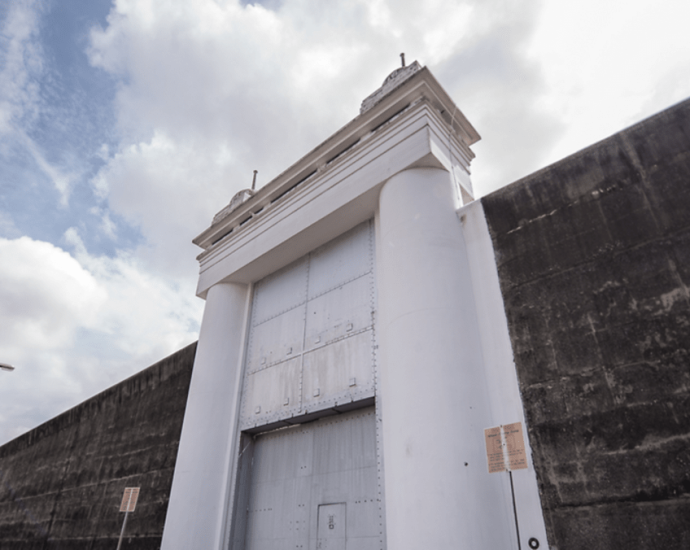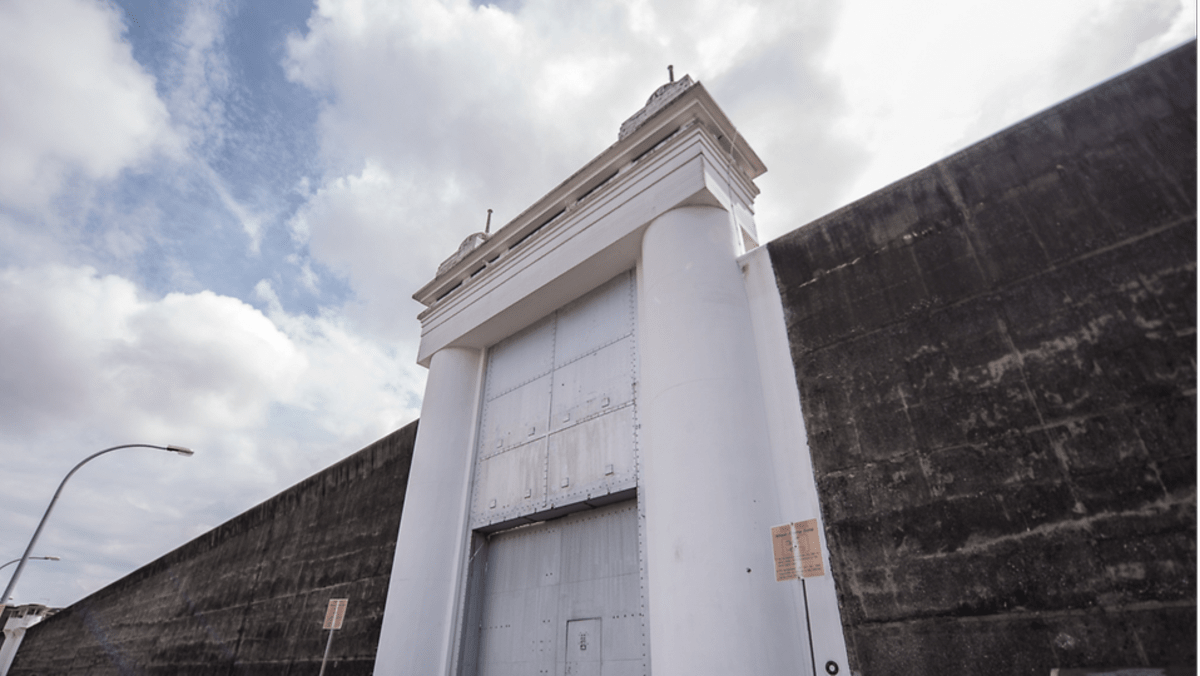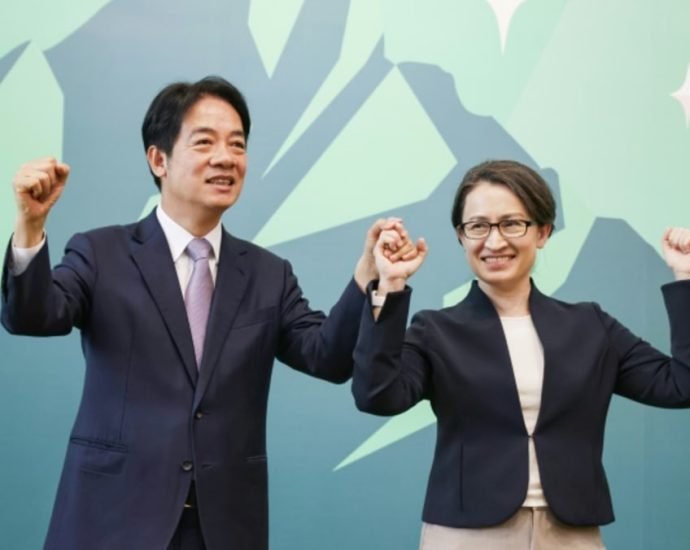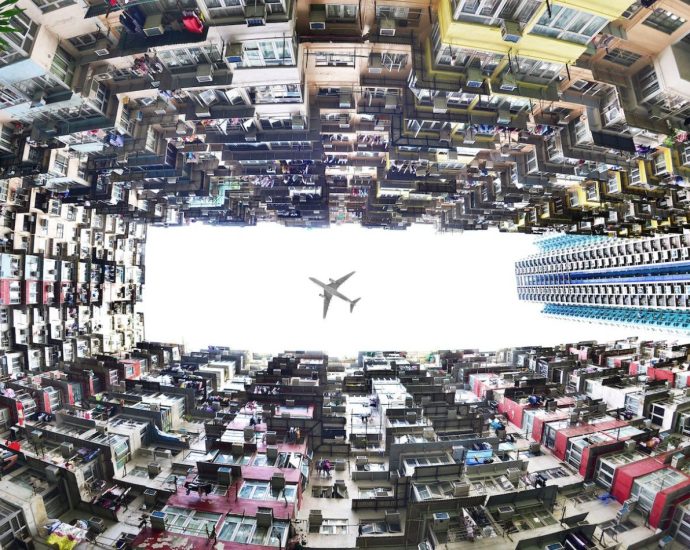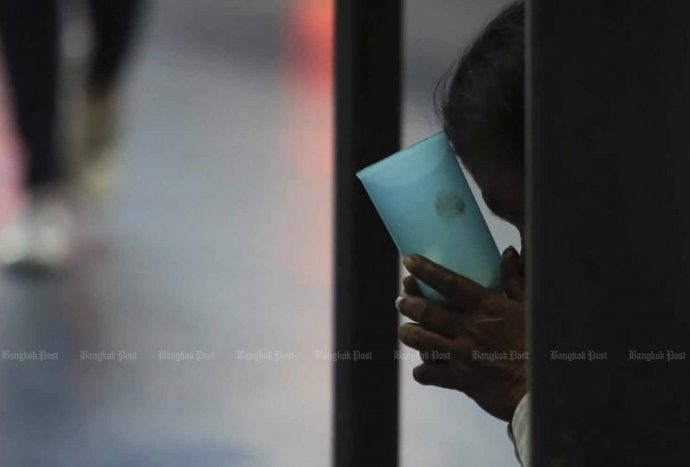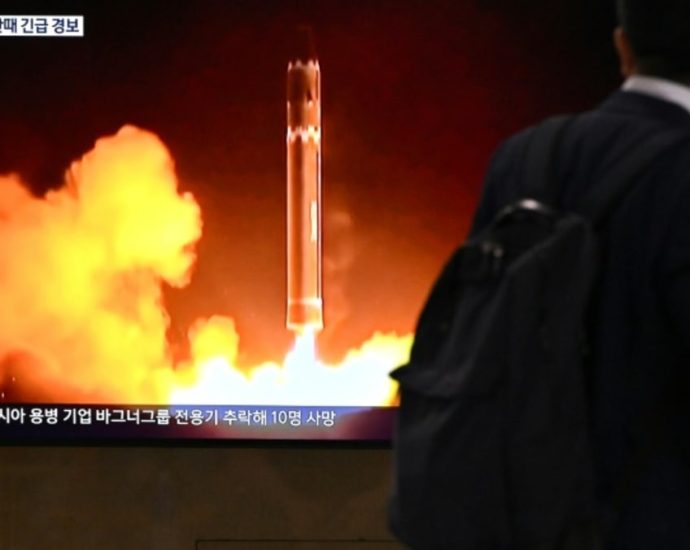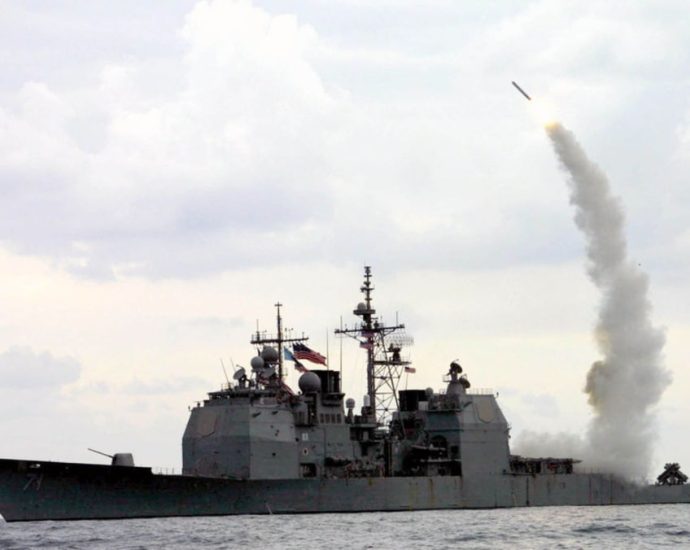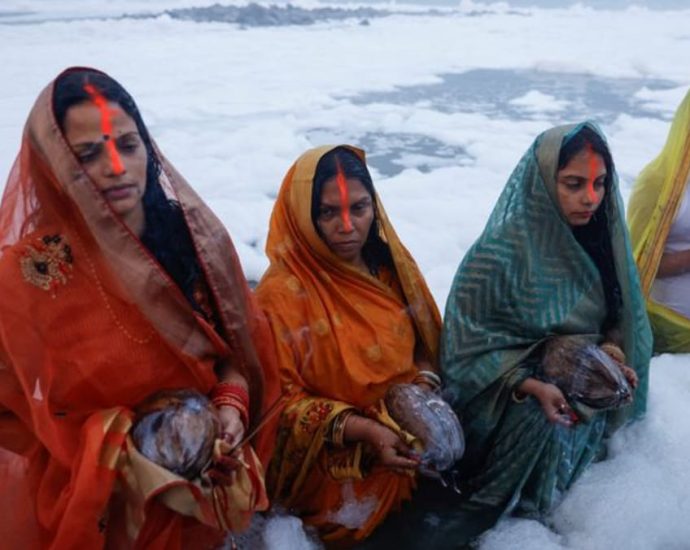What’s behind China’s sonar pulse attack on Australia?
The incident last Tuesday (November 14) in which Australian sailors suffered minor injuries from sonar pulses from a Chinese destroyer couldn’t have come at a worse time for Anthony Albanese.
He’d just finished a very successful trip to Beijing. He was about to again meet President Xi Jinping at APEC in the United States late in the week. The incident was potentially serious in terms of unsettling a much-improved relationship.
The HMAS Toowoomba’s sailors had been undertaking the harmless task of unraveling fishing nets from around the ship’s propellers. The vessel was in international waters inside Japan’s exclusive economic zone on its way to a port. It had been supporting United Nations sanctions against North Korea.
The Chinese destroyer had been warned about the divers, but acted anyway.
There were two issues for Albanese: whether to raise the matter with Xi (assuming the President didn’t bring it up) and whether to indicate publicly he had done so.
We don’t know whether he raised it, because his office and ministerial colleagues won’t answer this question. There has been no opportunity to question him since his return at the weekend.
It seems obvious he should have discussed the matter with Xi. He has repeated endlessly that “we will disagree when we must” with China.
Not to canvass the incident would be a cop-out from this formula. It would carry the message that Australia, having established more positive relations with China – to the great benefit of our trade – was now unwilling to be forthright because it did not want to risk setting things back.
The Australian government was careful not to announce the incident until after Albanese was on his way home. The timing was diplomatic.
Then-Acting Prime Minister and Defense Minister Richard Marles said in a statement on Saturday the government had expressed “serious concerns” to the Chinese government, and described the Chinese vessel’s conduct as “unsafe and unprofessional.”
If Albanese did raise the incident, why not say so? Again, only to avoid offending the Chinese and that’s unacceptable.
The government points to Marles’s statement and claims that meant the matter was dealt with at the appropriate level.
This might be convincing if it hadn’t been for the fact Albanese was actually meeting Xi.
The silence is also being defended on the basis of this being a private meeting. This won’t wash either. When the PM and President met in Beijing Albanese gave a very detailed read-out of the encounter, even down to the jokes.
On Monday morning Albanese tweeted a picture showing he was back working with the team. Members of that team appearing in the media have been left intoning the unconvincing talking points.
Albanese should clarify whether he or not he talked about the incident – not just in the name of transparency but to demonstrate that the government’s China policy is as robust as he says. Not to mention that it would be of passing interest to know what the president said, if the matter was in fact one of the topics of their discussion.
The Prime Minister went on Sky on Monday afternoon to criticize the Chinese action but remained silent about whether it had been discussed in the Xi meeting.
He said the action by the Chinese ship was dangerous, unsafe and unprofessional, and one Australian sailor had been injured. It was a regrettable incident. He said this was one of those times when Australia disagreed with China; the event damaged the relationship.
Australia had raised its strong objections to China “very clearly, very directly, through all of the appropriate channels in all the forums that are available.”
But he declined to confirm or deny raising it with Xi, on the grounds he does not divulge private conversations that take place on the sidelines of a conference.
“We’ve raised it very clearly through all of the normal channels.”
“When I was in San Francisco, there was no bilateral meeting with President Xi where you give a readout […] I don’t talk about private meetings on the sidelines, discussions I have with any world leader. That’s how you keep communications open. But I can assure you that we raised these issues in the appropriate way and very clearly, unequivocally. And China – there’s no misunderstanding as to Australia’s view on this.”
Albanese said he always spoke up for Australia’s national interest. “I do so directly,” he said, stressing he did so respectfully, not talking about private conversations.
At a news conference while at APEC Albanese said of the meeting with Xi: “I reiterated to him that it was a very positive visit [to Beijing] that was well received in Australia. And I reiterated to him that the signal that the impediments to trade between our two nations were reducing and being removed, was received positively in Australia.”
Michelle Grattan is Professorial Fellow, University of Canberra
This article is republished from The Conversation under a Creative Commons license. Read the original article.


